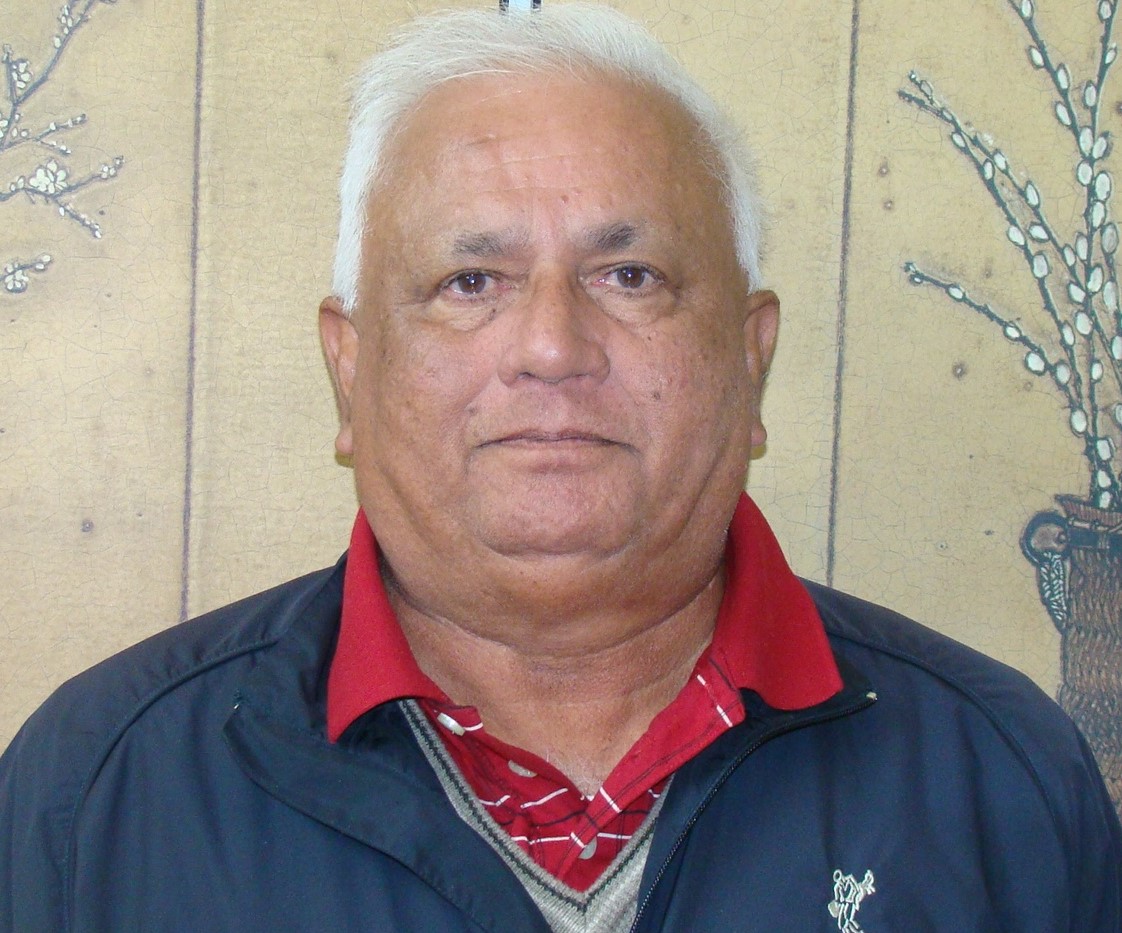Controversial elections in 2024 compound governance challenges in Pakistan. It is an echo of past elections with allegations of establishment interference, election manipulation, and stolen mandates. The election will exacerbate the unrest, compounding the country's problems instead of paving the way for much-needed political stability.
Many political commentators expressed deep concern about the tragic and absurd elections. Some characterized the conflicting rhetoric as highly toxic, with political adversaries alleging that the other presented a threat or danger to the country. There was general agreement that democracy faces critical challenges from the breakdown of democratic institutions and the deterioration of constitutional standards. The confidence of the public in democracy is being undermined by propaganda and disinformation.
The high degree of skepticism of the electoral process raised concerns about the country's declining level of democratization and transparency. Ironically, the victors expressed disappointment in their margin of victory, while the losers predictably refused to accept the outcome. Election tribunals and courts must adjudicate on the contested results in many constituencies.
Still, the election results were predictable and unsurprising despite the high drama. Gallup Pakistan surveys showed that Pakistanis were experiencing unprecedented disillusionment with many economic, political, and security challenges that threatened the country's stability in the run-up to the election.
According to surveys, Pakistanis were more pessimistic about the economy than in the last 18 years because of high inflation and energy prices. In addition, seven out of ten Pakistanis had no confidence in the integrity of their elections, which was a significant decline over recent years. In these challenging conditions, narratives opposing the establishment and the incumbent had a greater chance of success in the polls. The results have validated this view.
There was a disturbing similarity in the activities after the elections to those that had occurred before. Hidden from the eyes of the public, the country's top political leaders, without the PTI led by Imran Khan, conducted secret negotiations with each other to determine what the future set-up would look like. The establishment oversaw the formation of the government. Despite allegations of extensive fraud and political vendetta, the establishment's trusted parties have worked together to form a national coalition government.
There are four significant takeaways from elections. First, the PTI has emerged as a formidable electoral force. It has moved beyond its history as a military-backed anti-dynastic third party that had previously disrupted national politics at the establishment's behest and its politically engineered dismal brief time in office.
Second, the dynastic parties, PML (N) and PPP, have experienced a decline in political influence after facing the consequences of resistance to the existing state of affairs. The governing coalition will face stiff challenges in overcoming the perception that they are capitalizing on the anti-PTI establishment support and holding a fraudulently obtained mandate to ascend to power.
(Note: You can view every article as one long page if you sign up as an Advocate Member, or higher).





